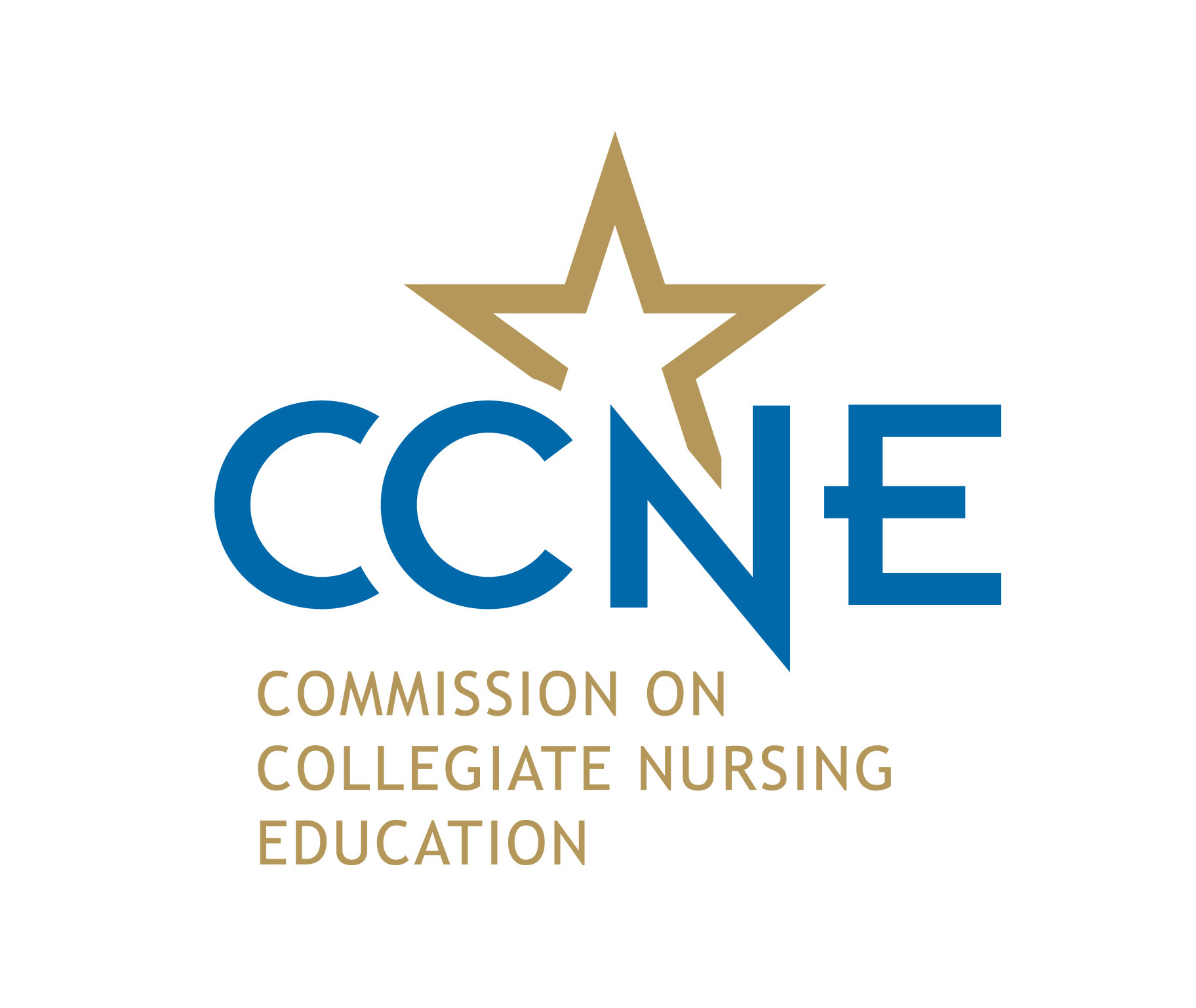DNP in Nurse Executive Leadership in Health Care Management
The DNP Executive Nurse Leader also has a focus on evidence-based practice, quality improvement, and systems leadership, but partners with the Duquesne University Palumbo-Donahue School of Business Health Care Management program to enable. The program is offered as post-master’s or post-bachelor’s options. Students will combine their nursing experiences with areas such as finance, budgeting, organizational behavior, ethical leadership, and more. This program is designed to prepare graduates to become chief executive officers, chief nursing officers, executive directors of quality, clinical practice, or nursing directors in hospitals, ambulatory, and non-profit organizations.
Elevate your professional writing skills
Writing is a complex process, especially at the doctoral level. That’s why our writing
residency prepares you to deliver high‑quality academic papers and projects. Prior
to orientation, you will gain access to writing modules created exclusively for DNP
online students. Each module can be completed at your own pace.
Complete a specialized leadership project
Nurses prepared at the DNP level are expected to provide leadership for evidence‑based
practice in nursing. That’s why we require you to complete a Doctoral Practice Project.
Working closely with faculty, you will select an area of interest to evaluate, such as a population, program, system or clinical intervention, within a health setting. Each course in our DNP program builds on the last — enabling you to work toward the completion of your DNP project every step of the way.
Program Information
The Doctor of Nursing Practice Executive Nurse Leadership in Health Care Management is a two-year program (post-master's; 4-year program post bachelor's) in which students combine their nursing experiences with coursework in finance, budgeting, organizational behavior, and more. Graduates are prepared for executive-level roles in health care.
Program Type
Major
Degree
Doctorate
School
Duration
2-4 years
Required Credit Hours
35 (Post Master's) 56 (Post Bachelors)
Modality
Online
Student and Alumni Perspectives
Admissions
Admission Requirements
To qualify for the online Post-Bachelor’s track of our Executive Nurse Leadership DNP program, you must:
- Hold a current, unencumbered RN license.
- Hold a bachelor’s degree (nursing or non-nursing) from an accredited college or university with a 3.0 GPA or higher. BSN degree preferred.
- Have completed an undergraduate statistics course with a “C” or higher.
- Have at least one year of full-time work experience as an RN prior to registration in the clinical or specialty courses.
To qualify for the online Post-Master’s track of our Executive Nurse Leadership DNP program, you must:
- Hold a current, unencumbered RN license.
- Hold a BSN degree (required) from an accredited college or university with a 3.0 GPA or higher.
- Hold a master’s degree (nursing or non-nursing) from an accredited college or university with a 3.0 GPA or higher. MSN degree preferred.
- Have completed an undergraduate statistics course with a “C” or higher or graduate statistics course with a “B” or higher.
Note: Strong leadership experience is preferred.
Admission Process
- Resume or curriculum vitae
- Goal statement (2-3 pages)
- Official transcript(s)
- An interview may be required
Curriculum
56 Credit Hours
18 Courses
- GPNG 548: Evidence Based Practice for Advanced Practice Nursing (3 credits)
- MGMT 605: Leadership & Motivation for Executives (3 credits)
- ENTR 602: The Entrepreneurial Manager (3 credits)
- GPNG 550: Clinical Prevention and Population Health Promotion (3 credits)
- GPNS 977: Transcultural Health and Global Healthcare Delivery (3 credits)
- GPNS 974: Legal and Ethical Issues in Healthcare (3 credits)
- GPNS 970: Evidence Based Practice – Translation of Research to Practice (50 Hours) (3 credits)
- GPNS 969: Analytical Methods for Evidence Based Practice (50 Hours) (3 credits)
- GPNS 979: Analytical Methods – Healthcare Program Evaluation and Analysis (50 Hours) (3 credits)
- GPNS 920: Health Care Policy (3 credits)
- GPNS 975: Organizational Leadership for Healthcare Leaders (50 Hours) (3 credits)
- MGMT 619: Budgeting and Finance for Leaders (3 credits)
- GPNS 906: Healthcare Informatics (50 Hours) (3 credits)
- GPNS 908: Evidence Based Practice – Leading Change Management (50 Hours) (3 credits)
- GPNS 980: Doctor of Nursing Practice Practicum I: Implementation (Up to 350 Hours) (4 credits)
- MGMT 620: Managing Innovation & Change (3 credits)
- GPNS 981: Doctor of Nursing Practice Practicum II: Evaluation (Up to 350 Hours) (4 credits)
- GPNG 978: Social Justice and Preventing Vulnerable Populations (3 credits)
35 Credit Hours
11 Courses
- GPNS 948: Evidence Based Practice – Translation of Research to Practice (50 Hours) (3 credits)
- GPNS 969: Analytical Methods for Evidence Based Practice (50 Hours) (3 credits)
- GPNS 979: Analytical Methods – Healthcare Program Evaluation and Analysis (50 Hours) (3 credits)
- ENTR 602: The Entrepreneurial Manager (3 credits)
- GPNS 975: Organizational Leadership for Healthcare Leaders (50 Hours) (3 credits)
- GPNS 974: Legal and Ethical Issues in Healthcare (3 credits)
- GPNS 908: Evidence Based Practice – Leading Change Management (50 Hours) (3 credits)
- MGMT 619: Budgeting and Finance for Leaders (3 credits)
- GPNS 980: Doctor of Nursing Practice Practicum I: Implementation (Up to 350 Hours) (4 credits)
- MGMT 620: Managing Innovation & Change (3 credits)
- GPNS 981: Doctor of Nursing Practice Practicum II: Evaluation (Up to 350 Hours) (4 credits)
Do you still have questions about the DNP in Nurse Executive Leadership in Health
Care Management program? The DNP in Nurse Executive Leadership in Health Care Management program at Duquesne
University School of Nursing is accredited by the Commission on Collegiate Nursing
Education (CCNE).Ask a Question
Learning Outcomes
Accreditation





